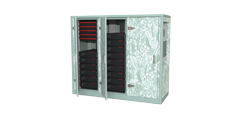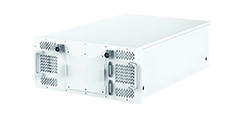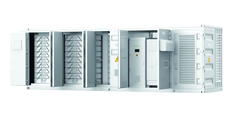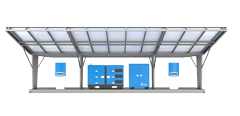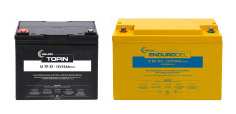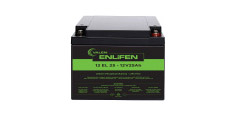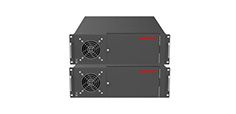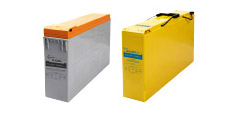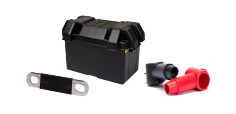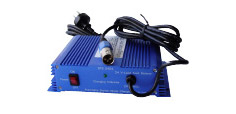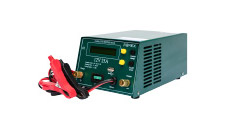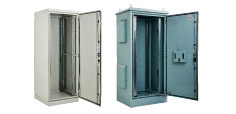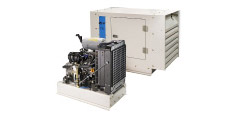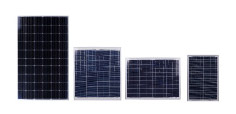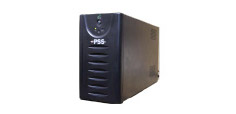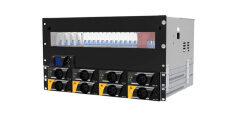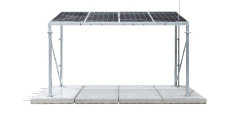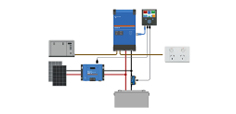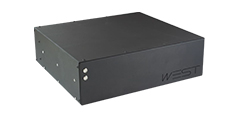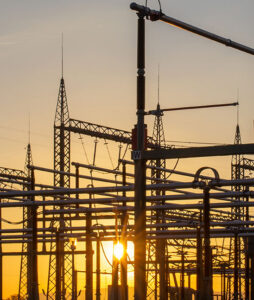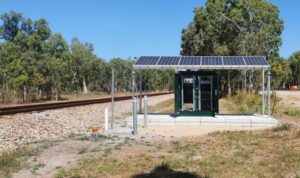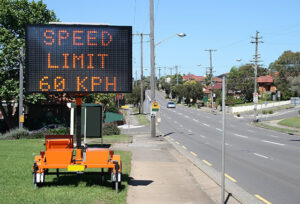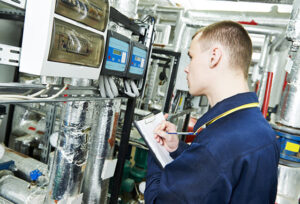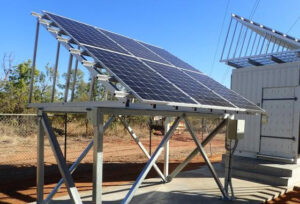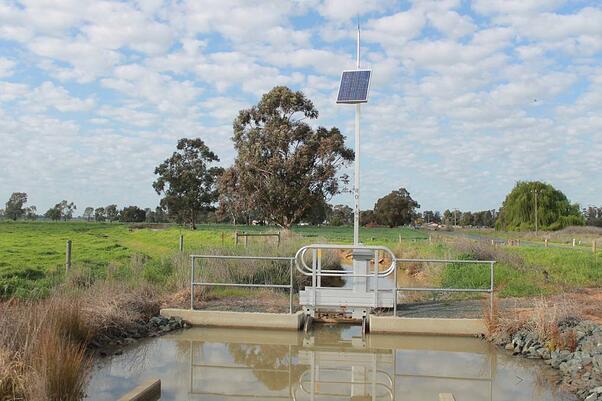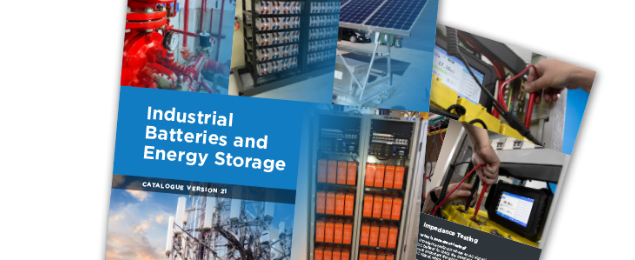In this blog post, the experts at Valen take a look at the advantages of using Lithium batteries in comparison to VRLA (Valve Regulated Lead Acid) batteries in solar-powered irrigation pedestals.
As most solar-powered pedestals for flume gates and pen stocks in the irrigation industry are used in remote applications, there are a number of challenging factors that need to be overcome in relation to the systems’ batteries. These factors include heat, battery gassing, weight and longevity.
Well-designed and high-quality Lithium batteries will overcome all of these obstacles, making Lithium technology a highly suitable choice.
Heat
Irrigation pedestals need to remain operational at all times, no matter how hot the ambient temperature becomes. The farmer requires his water for his livelihood and the water utility requires the revenue from water sales.
Heat is one of the biggest killers of VRLA batteries. Every 8°C rise in ambient temperature above the batteries design life stated temperature will halve the design life of a VRLA battery.
So for example, a VRLA battery with a design life of 10 years with a normal operating temperature of 25° C would only last for 5 years if placed in an operating environment of 33°C.
This formula does not apply to Lithium batteries as they are much more robust and are outstanding performers in hotter climates. A premium Lithium battery can withstand temperatures of up to 60º, whereas your standard VRLA battery will have recommended operating temperatures of 20-25°C.
This makes Lithium technology highly reliable for use in irrigation applications where batteries are exposed to high temperatures. Due to the nature of the installations, ventilation and temperature control methods are not possible to be included in the installations.
Battery Gassing
When a VRLA battery is subject to high operating temperatures and cyclic pressure, it will start to release gasses which in turn cause the battery to ‘dry out’. This consequently shortens the battery life. Hydrogen and oxygen are contained within the battery, hydrogen being the smaller atom will escape first.
Hydrogen along with the presence of moisture in irrigation applications can be extremely corrosive to exposed electronic PC boards and terminals.
Lithium batteries are manufactured completely differently and do not produce gas at all. This absence of gassing ensures that ventilation is not needed to remove any gasses. Although it is recommended to have some airflow to prevent temperatures from rising too rapidly.
Corrosion usually caused by gassing is also not a concern with Lithium batteries.
Battery Weight
Lithium batteries are around 3 times lighter than VRLA batteries, making it easier and safer for technicians to install in solar-powered irrigation pedestals.
This is especially an advantage in applications where two or three VRLA batteries would need to be installed.
Installing VRLA batteries in some irrigation applications raises WH&S issues with lifting and carrying weights of VRLA batteries. Lithium batteries can reduce these risks making your workforce safer.
Battery Longevity
Bearing in mind that Lithium batteries are able to combat heat much more efficiently than VRLA batteries, the longevity of Lithium is said to be 3 – 4 times more than that of a similar capacity VRLA battery.
However, case studies have shown an exponential increase in service life of Lithium batteries over VRLA, where the VRLA batteries had lasted 12 months and correctly designed Lithium batteries were still running in excess of 8 years.
Not only does the Lithium battery handle higher temperatures in irrigation applications, they also have 4x the cycle life of VRLA batteries.
So when used in solar applications, the lithium batteries will far outperform the VRLA batteries. The initial increased investment of lithium batteries becomes a great saving in technicians’ time replacing batteries and servicing battery systems in irrigation installations.
What are the charging requirements for Lithium batteries used in solar-powered irrigation pedestals?
Lithium technology requires a constant 14.6V output which the internal BMS (Battery Management System) regulates.
It is essential to ensure that the system is capable of delivering this constant voltage. An external solar regulator can be used in some applications. If you’re unsure about your system, the Technical Team at Valen would happy to look into your system algorithm to ascertain its suitability.
Want to learn more about using Lithium batteries in irrigation pedestals?
We’re industry leaders in energy storage systems and have extensive experience in the irrigation industry. If you have a current or upcoming project, speak to us today.
We can provide assistance with your battery needs as well as your system design so you can make that final decision with confidence. Simply click here to get in touch.

